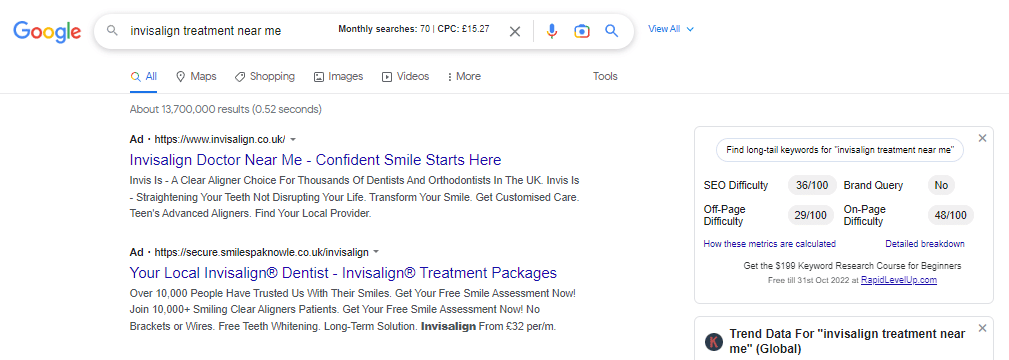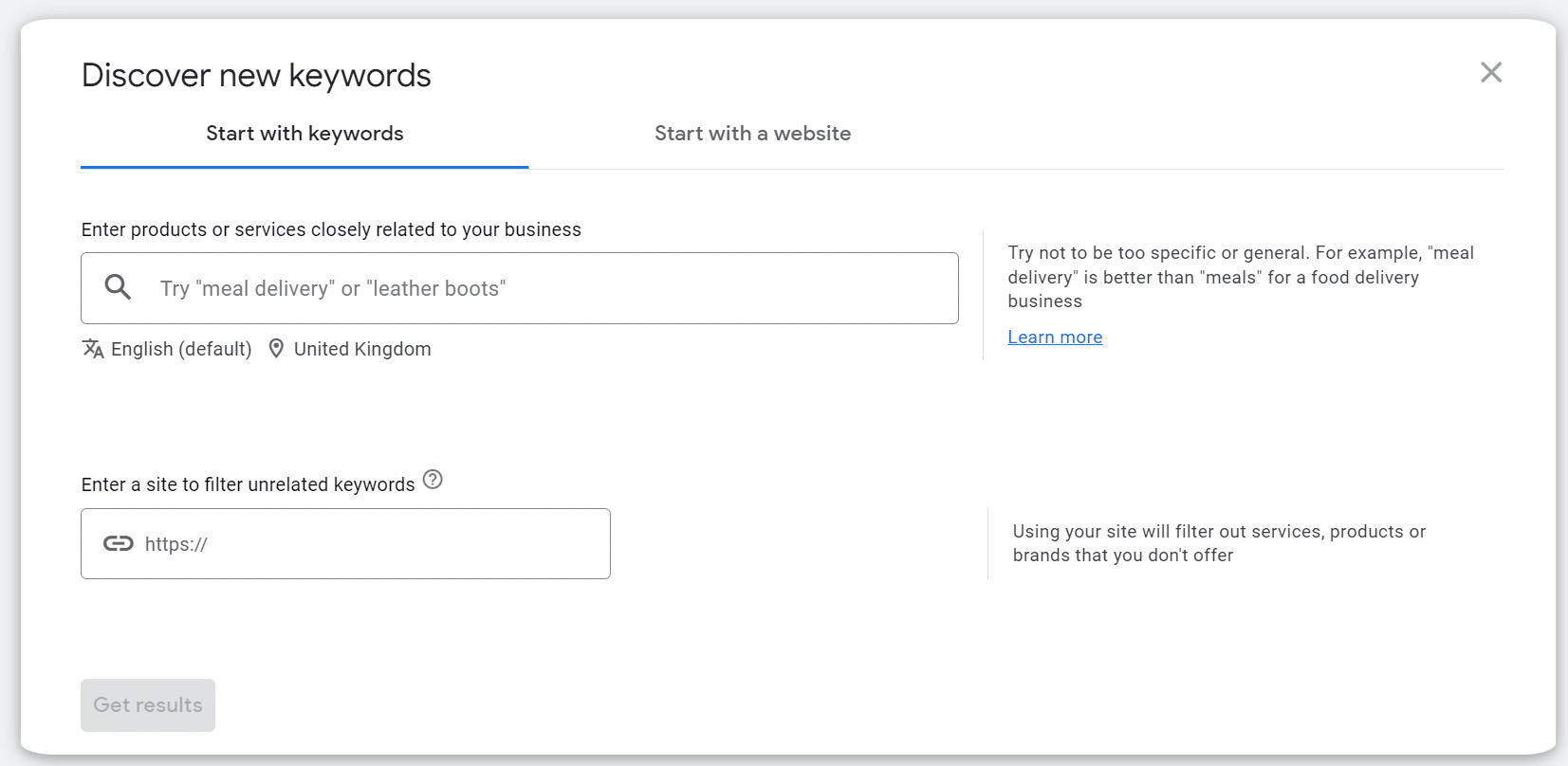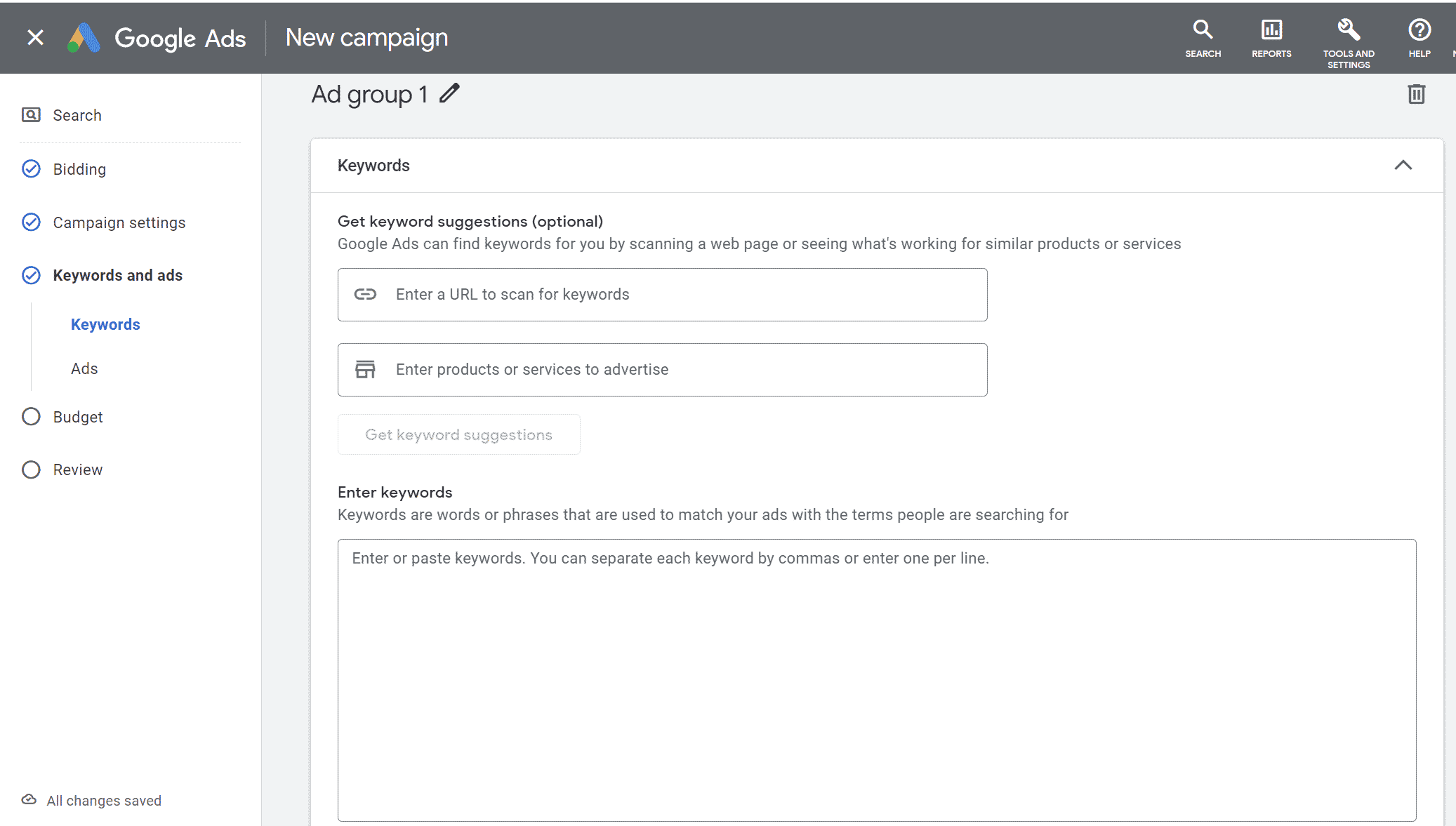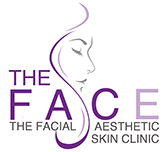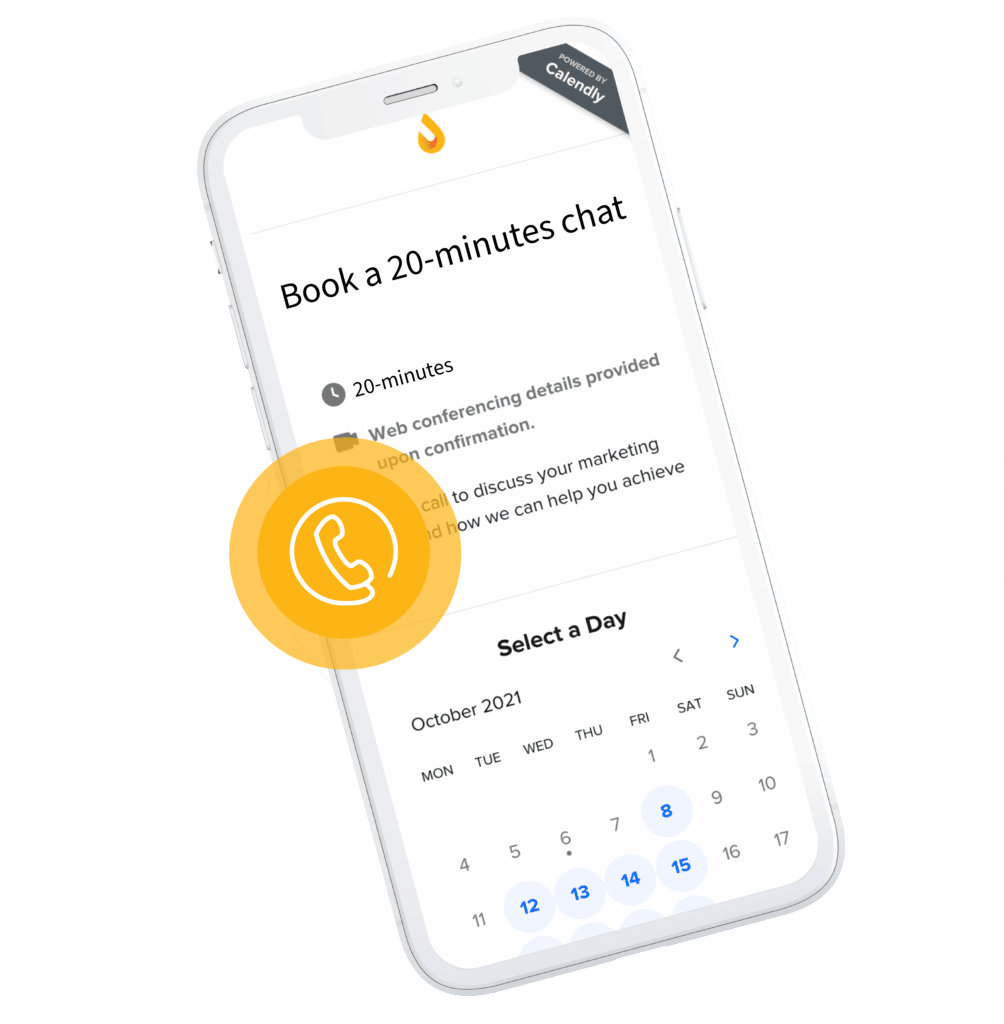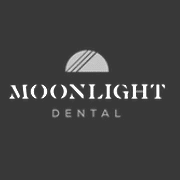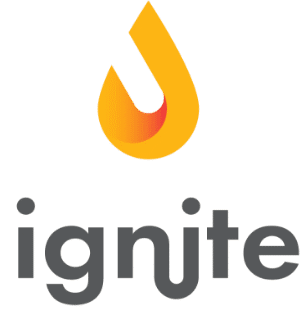In this blog, we will explain everything you need to know about keywords. By the end, you’ll be able to understand what they are, their importance and how to find the perfect keywords to help you promote your clinic.
We will also be focusing on keywords in terms of Google Ads and will go through the 5 top tips for effective keyword research for your clinic.
Why?
Every clinic should be using Google Ads if they want to increase the number of new patient enquiries.
We also recommend that you check out our “Google Ads 5 easy steps to setting it up for your clinic“, as there is much more to Google Ads than just the keywords.
What are keywords?
Keywords are words or phrases people type into search engines to find what they are looking for.
These search queries help the search engines to decipher which websites should be shown depending on how much the keywords match websites. This is how search engines like Google know what to show people.
Every website should be optimised with appropriate keywords to help the target audience find them. Images, videos and copy throughout websites should have keywords attached to them.
Your keywords need to be relevant to your page, and you’ll need to stay clear of ‘keyword stuffing’ – where you include as many keywords as possible to help your page rank higher.
Keyword stuffing has actually been proven to have a negative ranking effect.
Quick tip: If you want to view the number of monthly searches in the search bar on Chrome and the additional information on the left-hand side of the screen, like SEO difficulty and Trend data, you will need to download the Ubersuggest Chrome extension.
How do you rank above your competitors?
Chances are, you’ll be using similar or the same keywords as your competitors, but you’ll need to get in front of them.
The higher up on Google you appear, the better. This is the same with ads. You will probably find your clinic fighting to have its ad campaign ranked higher than your competitors in the area.
Choosing the appropriate keywords will help you rank higher, but it is vital to note that this does not happen overnight. Often it will take weeks to see a difference in ranking! Patience is key.
Keyword research for Google Ads
Grab a cuppa and read on to learn all the tips and tricks you need to know to get your clinic’s ad to the top of the page!
Why are keywords for Google Ads so important?
The keywords used in your ad campaign will be how your prospective patients find your ad.
Simply put, they will search for something in Google, such as “weightloss treatment in Nottingham”. If your keywords match their search query, your ad is more likely to pop up and the better the match, the higher it will appear on Google.
Other elements affect its ranking, but keywords are up there as one of the most crucial.
#1 What do you need to look out for when choosing keywords?
You’ll need to know the following before we show you how to search for the best keywords.
High Search Volume
This refers to a high number of monthly searches of that keyword.
A high search volume demonstrates the high demand for the particular treatment or service the keywords relate to.
This means the ad is more likely to be seen by more people, so the click and conversion rates tend to be higher. However, it also means the cost-per-click (CPC) is higher, and the leads may be less qualified.
Low Search Volume
If keywords have a low search volume, it could mean there is not enough interest in that particular word or phrase, and you are less likely to generate a return on your investment.
Despite this, there are some benefits to using low search volume keywords, especially for new treatments where demand is likely to rise. Your CPC is expected to be lower, and the leads are more qualified.
Long-tail keywords
Using longer, more specific keywords can mean reaching your audience at the level of their search intent. The leads are more likely to convert, and competition is less likely. Long-tail keywords do, however, usually have a lower search volume.
Negative keywords
These are keywords you don’t want to use in your ads. For example, if you have a private dental practice offering expensive, high-quality treatments, you won’t want people searching words such as “NHS” or “cheap” as it is less likely that those people will become patients.
Keyword Competition
Keyword competition measures how difficult it is to rank for a particular keyword.
Keywords can have low, medium or high competition. You will want to try and find low-competition keywords so there is more chance you will rank higher on Google.
Words and phrases with high competition mean you are fighting against other clinics to rank high for those words.
#2 What is the first step for choosing keywords
So, we know keywords are essential for our Google ad campaigns, but how do we find the appropriate ones that will make our ad rank the highest?
Think of keywords and phrases specific to your clinic or practice and the treatments you offer.
How would you search for your clinic? This is just a starting point for keywords, but it is helpful to consider what your prospective patients would be searching to find you.
Get on Keyword Planner now!
One of the most popular tools used to find keywords is Keyword Planner. And the best part is, it’s free! You can create an account, and from there, you’ll be able to get started!
What does Keyword Planner do?
Several things! Not only can you research new keywords and find similar ones to keywords you already have, but you can also see how much each keyword costs and view the search volume and the competition for each.
Type in keywords that describe your clinic, and the planner will give you more you can use in your ad.
Once the keyword planner has generated some initial ideas, you can use these to get even more specific keywords and phrases.
As mentioned, Keyword Planner will also show you the price of the keywords; this is helpful to make sure you have a balance.
Usually, the more expensive the keyword, the higher the search volume. You’ll want a balance to avoid spending your budget on ads. But don’t be afraid if they seem expensive, sometimes you will need these keywords, and there is no way around it!
You’ll also be able to find out which are the low-competition keywords – the ones you should aim to use for your clinic’s ads.
The perfect formula is low-competition keywords with a high search volume.
There are, of course, many other tools out there that you can use to research keywords. Some are more expensive than others, and some offer free features that can be enough for the needs of a clinic. One we have found useful and not expensive at all is Ubersuggest from Neil Patel.
You can also use Google trends to see the trends of the keywords you are looking to use in your ads.
#3 Using keywords in Google Ads
Once you have a list of suitable keywords, log into your Google Ads account, where you can input them into your ad. Using different symbols, you can control the modifiers for each word.
Broad match
This is Google’s default setting for all keywords. Broad match is great for reaching a large audience looking for your treatments and and if you want to avoid being restrictive.
Ads may show on searches that are related to your keyword, which can include searches that don’t contain the keyword terms.
This means it can lead to searches which are not relevant to your practice. This increases the chance of people clicking on your ads when they are unlikely to follow through and book a consultation.
You’ll have to monitor your ads thoroughly at the beginning and include negative keywords to fix this.
Broad match modifier
This is slightly more targeted than broad match. By putting a plus sign in front of words, your ad will only show for searches using these words or close variations of them, such as those in plural or with spelling mistakes.
Phrase match
Ads may show on searches that include the meaning of your keyword. The meaning of the keyword can be implied, and user searches can be a more specific form of the meaning.
In order to add phrase match keywords, use quotation marks around the phrase.
Exact match
Ads may show on searches that have the same meaning or same intent as the keyword.
You use square brackets to use exact match
Although you are limiting your audience, the click-through rate is likely to be higher as the ad will be more relevant to those prospective patients searching for this exact phrase.
#4 The importance of keywords on your landing page
If the keywords in your ad don’t match those on your landing page, Google won’t rank your ad as highly.
It is crucial that you use the same words and phrases to make sure your landing page is relevant to your ad. This is so that when prospective patients click on your ad and are redirected to your landing page, they have all the information they are looking for.
The better the match between the two, the more relevant the information is.
Landing pages are an essential part of creating a successful ad campaign. To find out more about how to build an effective landing page, check out this guide.
#5 Optimising Keywords
You’ve got your ads running. Great! Now you need to ensure they are optimised. In the first few weeks, you’ll need to pay close attention.
You will probably be using ‘broad match’ keywords. If this is the case, you will need to monitor what your audience is typing in to get to your ad.
If you see keywords that lead them there that show they will not be interested in your offer or treatment, include them in the negative keywords.
If you see you are burning through your budget, you can decrease the amount of more expensive keywords and increase the number of cheaper ones. This also works and vice versa.
Try out different keywords and combinations and monitor the results to see which keywords work best for your campaign.
Feeling confident in your keyword knowledge?
With this blog, you should feel confident finding the right keywords for your Google Ads campaign.
You’ll need to learn about all the components to create a successful ad campaign!
We have been working in the healthcare industry for years and are dedicated to helping clinics grow by getting more new patient enquiries for the treatments they choose to advertise with us.
Let us know if you would like to book a call with our team where we can explain how we work and how we can help. No strings attached!


